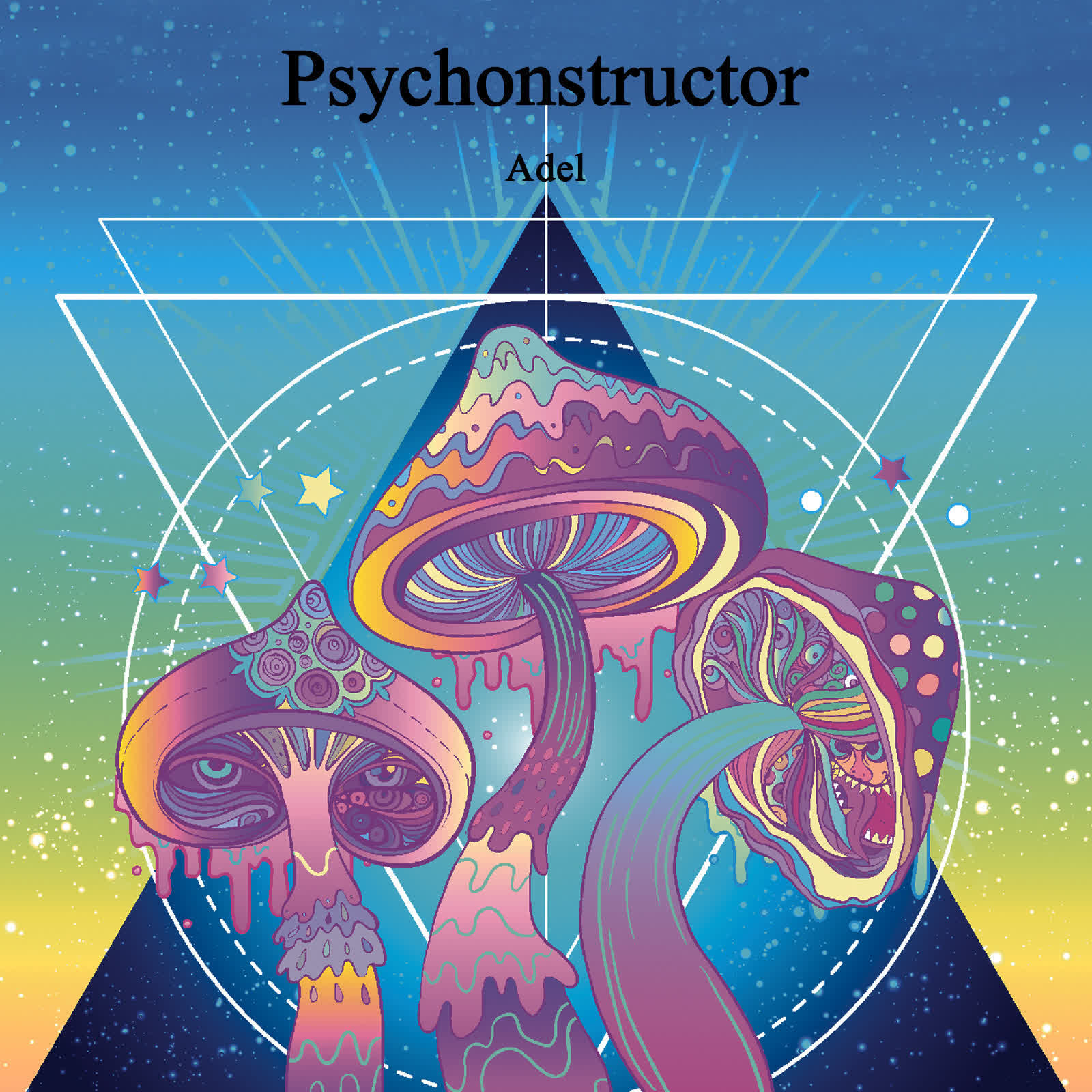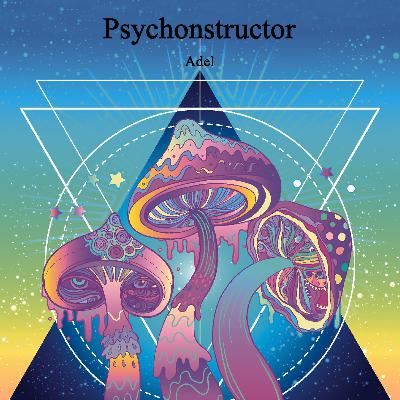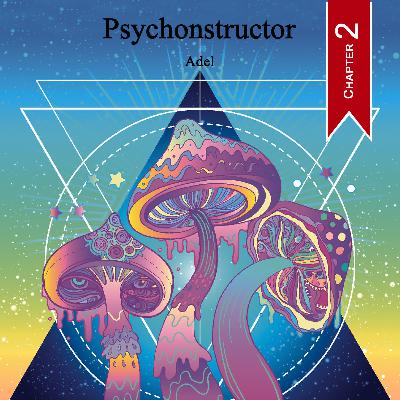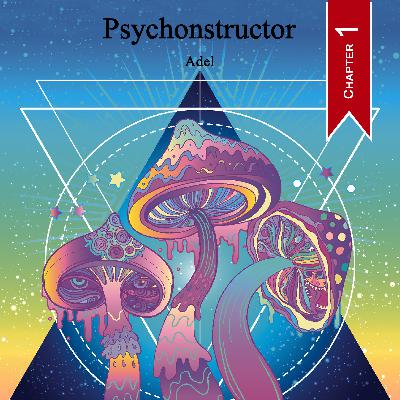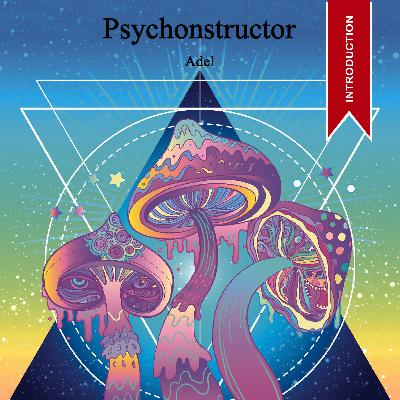Psychonstructor: A Concise and Practical Guide to Understanding and Experiencing Psychedelics By ADEL
Subscribed: 3Played: 21
Subscribe
© 2023
Description
Prepare to embark on an enlightening and transformative journey with 'Psychonstructor,' a groundbreaking science and documentary book that serves as your compass for the proper and responsible use of psychedelics. This extraordinary work is not just a book; it's an opportunity for personal growth, healing, and expanded consciousness. With meticulous research, insightful interviews, and a wealth of knowledge, 'Psychonstructor' guides you through the science behind these mind-expanding substances while offering practical guidance on how to use them safely and effectively. Whether you're a novice seeking to explore the uncharted territories of your mind or an experienced psychonaut looking to deepen your understanding, this book empowers you to embark on a path of self-discovery and transformation. 'Psychonstructor' is your key to unlocking the immense potential of psychedelics and harnessing their power for positive change. Get ready to be inspired, informed, and motivated to embark on a journey of personal and spiritual growth like never before. Your adventure begins here.
For more information and to purchase your copy, please visit the book's Amazon Kindle page: https://www.amazon.com/Psychonstructor-Adel-ebook/dp/B09T765QRN/
For more information and to purchase your copy, please visit the book's Amazon Kindle page: https://www.amazon.com/Psychonstructor-Adel-ebook/dp/B09T765QRN/
5 Episodes
Reverse
Comments

